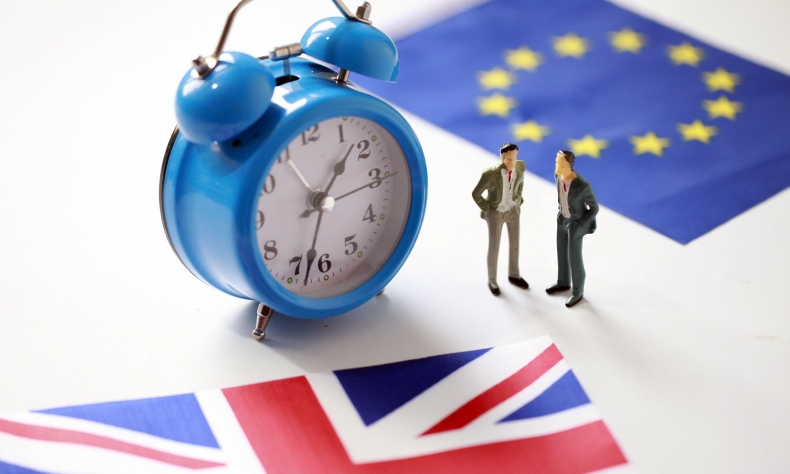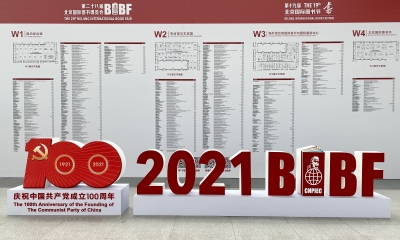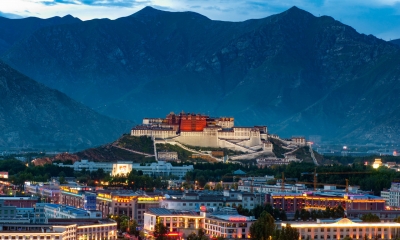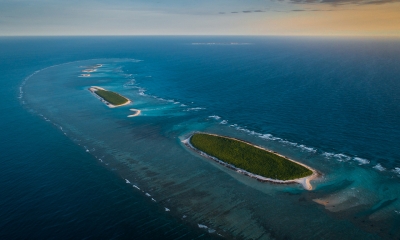Brexit Is Not Over. It Has Only Just Begun

The real change will occur when the ‘transition period’ – currently scheduled for December 31 2020 – comes to an end. Until then, the UK and the EU will remain blissfully insulated from the inevitable turbulence which Brexit will bring.
After 47 years of social, political, and economic entwinement, and three and a half years in limbo, the United Kingdom has left the European Union.
On January 31, as the clock struck 11 o’clock p.m over the British Isles (12 a.m. by Brussels’ watch), a new era for the UK had dawned.
To mark the historic occasion, in the UK, thousands of people gathered under the iconic Big Ben in Parliament Square. Brexiteers’ cheered and feverishly waved the Union Jack as Remainers’ held a silent candle-light vigil in mourning. In Brussels, British Members of the European Parliament (MEPs) cleared out their offices and EU officials lowered the Union Jack. January 31 2020, will certainly to be etched into history as the date the UK left the EU.
Nothing changed yet
Though the UK has officially left the EU, almost nothing will change – at least for now. Trade will still move across national borders without checks or tariffs. The people of the UK and EU will still move freely. And the laws and jurisdiction of courts will remain.
The real change will occur when the ‘transition period’ – currently scheduled for until December 31 2020 – comes to an end. Until then, the UK and the EU will remain blissfully insulated from the inevitable turbulence which Brexit will bring. During the transition period, both sides are set to conduct the arduous task of negotiating the form Brexit will eventually take. But, if the first week is anything to go by, it certainly does not look as if the process will move smoothly.
Brexit deadlock again
Ahead of the upcoming talks – scheduled to begin March 3 – UK Prime Minister Boris Johnson, and the EU’s chief negotiator Michel Barnier, each gave a speech in which they set out their respective positions.
Mr Johnson waxed lyrically about the great benefits of free trade and the scourge of rising protectionism as he sought to frame the UK as the soon-to-become “supercharged champion” of free exchange between nations.
Johnson delivered his speech eloquently and in his usual metaphorical and humorous manner, but made sure his message was clearly received by his counterparts across the Channel. “We want a comprehensive free trade agreement similar to Canada’s,” the prime minister said. “But in the unlikely event that we do not succeed then our trade will have to be based on our existing withdrawal agreement with the EU.”
To many observers, Boris Johnson’s take it or leave it approach revived the spectre of a potential no-deal Brexit. The prime minister, however, was quick to quash this idea, “The choice is emphatically not a deal or no-deal – we have a deal,” he assured.
He added that the prospect of a no-tariff trade agreement should in no way be tied to the UK adhering to EU competition, social and environmental standards. “There is no need for a free trade agreement to involve accepting EU rules on competition policy, subsidies, social protection, the environment or anything similar,” Johnson said.
Michel Barnier, much less flamboyant in his delivery, reminded the British prime minister that the political declaration signed by both sides in October, expressly commits both sides to a ‘level playing field’. “In that text, Boris Johnson and we… both say that we are keen to avoid any disruption of competition and any unfair competitive advantages; that is what we are talking about here,” he said.
Barnier hit back at Johnson’s threat of abandoning EU standards with an ultimatum. If the UK wants a “zero-tariffs, zero-quota” deal, he said, then a level playing field is the condition which needs to be met. Europe’s chief negotiator raised two further issues which the EU considers as non-negotiable – namely, the UK’s adherence to the European convention on Human Rights and the European Court of Justice, as well as “reciprocal access” to fishing waters. Barnier stated that the question of open fishing waters would be “inexorably linked” to the wider trade deal, and adherence to ECHR and the jurisdiction of European Court of Justice will be the precondition for continued security cooperation.
Johnson said Britain is “ready to consider an agreement on fisheries”, but that such an agreement would be subject to annual review and negotiation. Britain’s prime minister was less open to discussion over the future of EU law and court jurisdiction. “We will seek a pragmatic agreement on security… without trespassing on the autonomy of our respective legal systems,” Johnson said.
The task of negotiating, ratifying and implementing an all-encompassing trade plus agreement in under one year was always going to be an extraordinarily difficult task to achieve. Observers on both sides have raised doubt about whether such a feat is even possible. A quick glance at other trade deals supports their skepticism. Take the Canada-EU trade agreement (CETA) – coveted by Johnson- as example. CETA took seven years to negotiate and as critics have pointed out, that deal did not have the extra complications of law and security attached that a UK-EU deal has.
The opening speeches of Johnson and Barnier, ultimately did not inspire confidence. Instead, they confirmed just how vast of a gulf exists between the UK and EU and showed that though the passage of the Withdrawal Agreement has firmly put to rest the debate over the prospect of Brexit, the debate on the form Brexit will eventually take, has only just begun.
 Facebook
Facebook
 Twitter
Twitter
 Linkedin
Linkedin
 Google +
Google +







